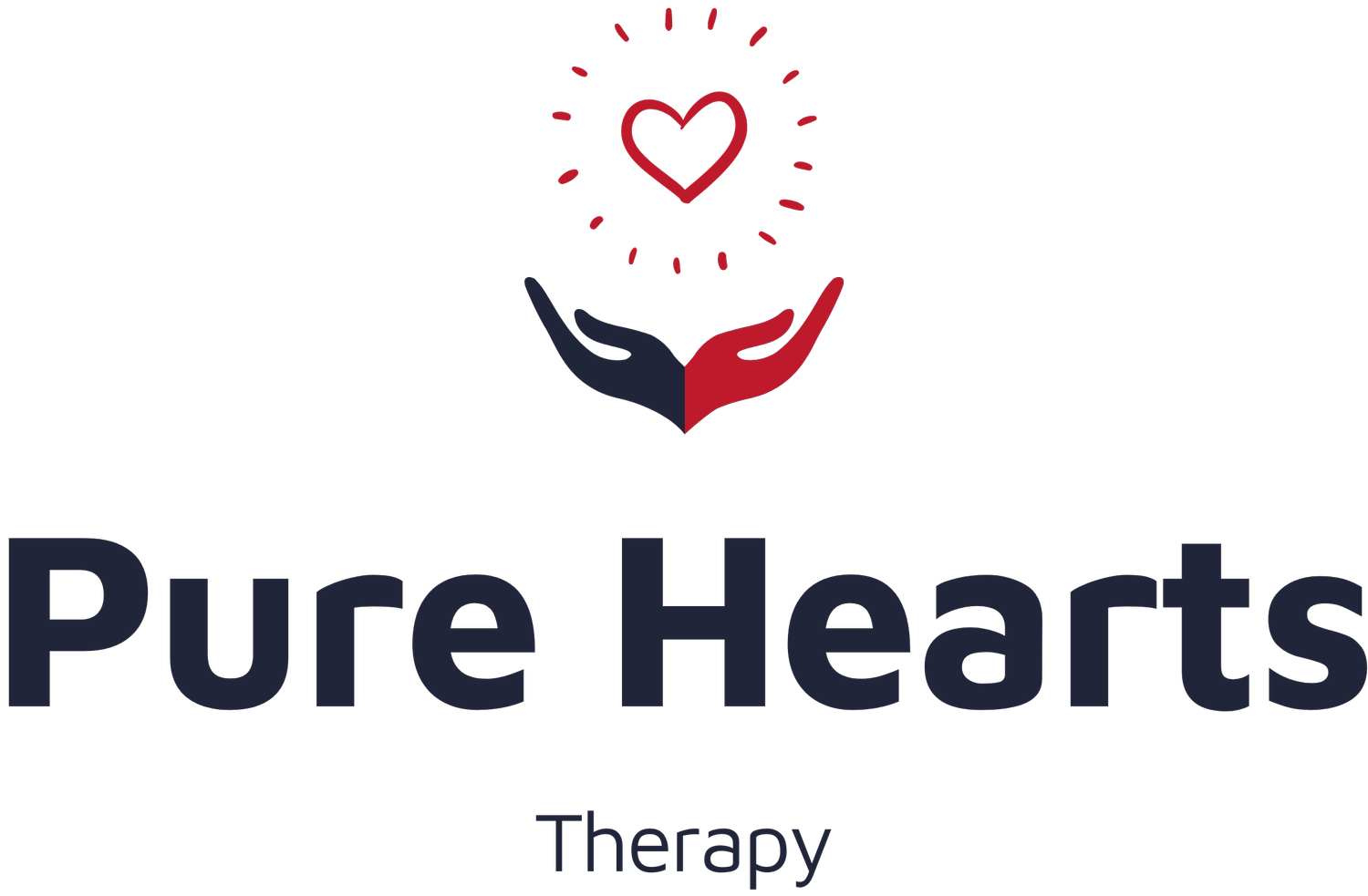Caring for the Caregiver: Self-Care Tips for Parents of Kids with Special Needs
Many parents, especially those caring for children with special needs, feel guilty about putting their own needs first. It’s natural to want to give your child 100% of your time and energy — but running on empty doesn’t help anyone. Think of the airplane oxygen mask rule: you must secure yours first to effectively help others.
Chronic stress can lead to burnout, which isn’t good for you or your child. Signs of burnout may include:
Constant exhaustion
Irritability or short temper
Changes in sleep or appetite
Feelings of hopelessness, depression, or resentment
Taking breaks and nurturing your own well-being will make you a more patient, present parent. Parenting is a marathon, not a sprint — and November, National Family Caregivers Month, is the perfect time to recommit to self-care.
Build a Support Network
You don’t have to do this alone. Connecting with others who “get it” can make all the difference.
Parent Support Groups: Check if local organizations (like Raising Special Kids in AZ) host groups. Many now offer virtual meetings.
Online Communities: Facebook groups, subreddits, and forums exist for almost every diagnosis or region. Look for positive, solution-focused spaces.
Friends & Family: Be honest about what you need. It’s okay to ask, “Can you trade playdates with me once a week?” or “Could you come sit with my child while I shop?” Focus on people who lift you up.
Professional Help: Therapists who specialize in caregiver stress can be a safe place to offload feelings and learn coping strategies. Mental health is just as important as physical health.
Take Small Daily Breaks
You may not get a spa day, but small, consistent self-care adds up.
Morning or Evening Routine: Try 15 minutes for coffee, stretching, or journaling. At night, enjoy a bath or guilt-free TV time.
Mindfulness Moments: Just 5 deep breaths, a short meditation, or stepping outside for sunshine can reset your stress.
Move Your Body: Walk with a stroller, do a quick yoga video, or simply stretch. Any movement helps mood and energy.
Enjoyable Activities: Protect time for things that remind you who you are — music, reading, crafts, or a weekly hobby.
Use Respite and Resources
If your child qualifies for DDD respite hours, use them. It’s not selfish — a refreshed caregiver benefits your child, too.
Schedule regular respite you can look forward to.
Protect some of that time for fun or rest — not just chores.
Explore “Parents’ Night Out” events through churches, YMCAs, or community programs.
Camps, social skills groups, and intensives can also provide breaks while supporting your child.
Even at home, you can create mini-breaks: let a respite worker play in the yard while you rest inside with music and tea.
Practice Self-Compassion and Perspective
Ditch Perfection: Good-enough parenting really is enough. Frozen pizza twice a week is okay.
Allow Feelings: Anger, envy, or grief are normal. Acknowledge them without judgment. Journaling or therapy can help process them.
Celebrate Wins: Notice the progress — whether it’s a calmer haircut or surviving the stomach flu.
Stay Present: Try mantras like “One day at a time” to quiet “what ifs” and “should haves.”
Nurture Relationships
Your well-being is tied to connection:
Partners: Set aside time for each other, even just 15 minutes at night.
Siblings: One-on-one time with your other children fosters joy and balance.
Friends: Even a phone call or short walk can provide perspective and laughter.
Seek Professional Support
If stress, anxiety, or depression feels overwhelming, reach out to a doctor or therapist. Sometimes short-term counseling or medication is what gets parents through a difficult season. There’s no shame — your mental health matters.
Final Thoughts
Self-care isn’t a luxury — it’s a necessity. Try one or two strategies from this list and gradually build your toolkit. A well-rested, emotionally supported parent is not only happier, but also better able to support their child.
Remember: “You can’t pour from an empty cup. Taking care of yourself is part of taking care of your child.”
At Pure Hearts Therapy, we see and appreciate all the hard work you do. If you need support, resources, or just an empathetic ear, we’re here for the whole family.
Want to prioritize your self-care💆
📞 Book your free 15-minute consultation with Pure Hearts Therapy to get personalized guidance on balancing caregiving and your own well-being.
📚 Explore our blog for more tips on self-care, parenting strategies, and ways to support your child without losing yourself.
🎧 Listen to our podcast for expert insights and conversations with other parents navigating similar journeys.
✨ Stay connected for regular updates, encouragement, and resources:
